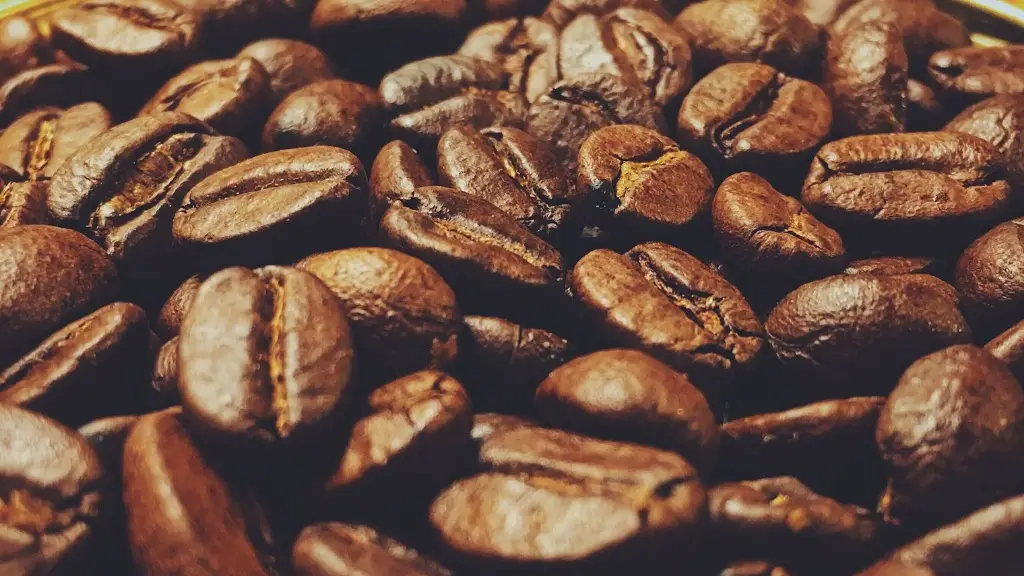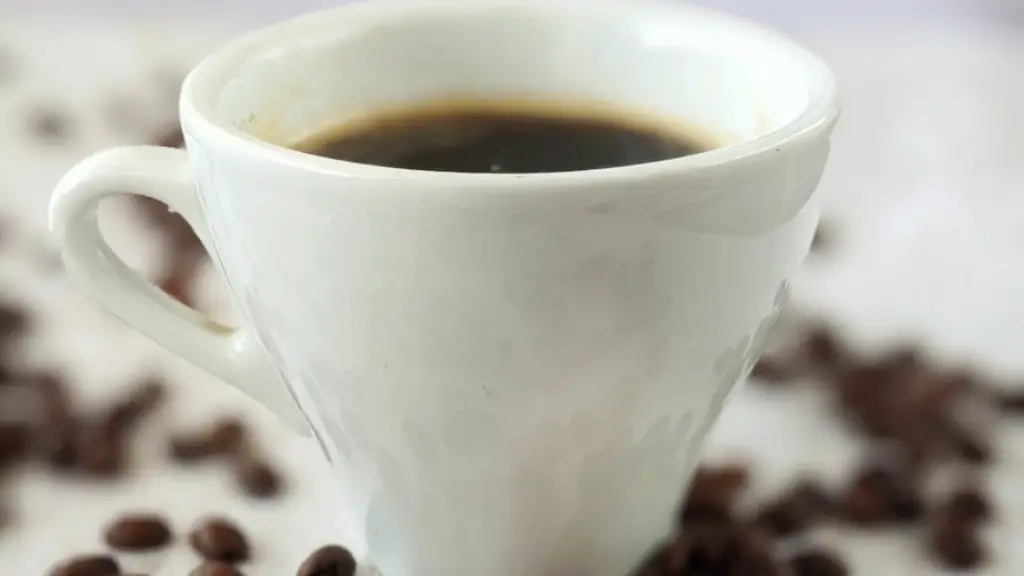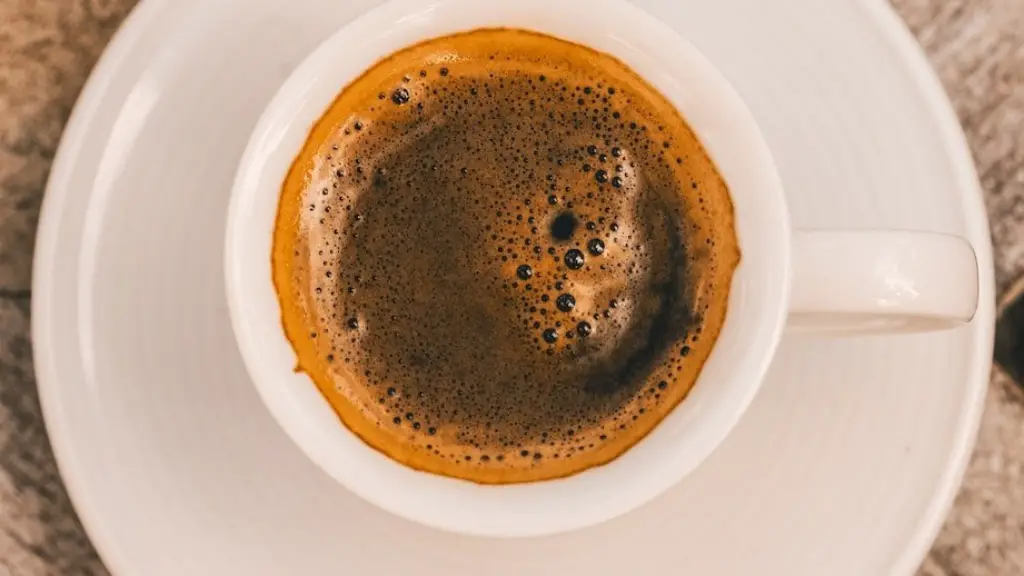Article Introduction
Are you an early bird and plan on having a blood test in the morning – can you still enjoy a cup of coffee before? Or will the caffeine interfere with the results? If you’re considering whether you should consume caffeine before having a blood test, this article is for you. We will provide information about the safety of caffeine before having a blood test, what amount is advisable, and why you shouldn’t take caffeine when having this type of test.
Effects of Caffeine
Though coffee is one of the most popular beverages worldwide, its effects on the body are still being researched. Caffeine is a stimulant, and half-life spans from 3 to 7 hours. Studies found that it can stimulate the brain, heart, and muscles, increase concentration, alertness, and calmness, and even help with achieving better performance during physical activity.
But caffeine also has some adverse side effects. It can cause inflammation, upset stomach, indigestion, restlessness, nervousness, and disturb your sleep. These symptoms can depend on the individual’s sensitivity to caffeine and their genetics.
Caffeine and Hormone Tests
Caffeine can affect some hormone tests, and it’s best to avoid consuming it before having a blood test. If you take this type of test in the morning, it’s best to skip the coffee and stay hydrated instead. This is because the hormones in the body can be affected by the caffeine, which can lead to inaccurate results.
Moreover, hormone tests require 12 hours of fasting before the actual blood test. This means that there should be no food or drinks ingested in that time period. If you have your test early in the morning and have coffee in the evening, then this can still have an impact on the results.
What to Drink Instead
Water is the best option for hydration before a hormone test. It should contain at least 8 ounces or 240ml of water, consumed at least 4 hours before the test. If you’re running late and need a quick fix, opt for a cup of black tea. It still contains caffeine, but in much lower amounts.
Caffeine and Stress Testing
If you’re having a stress test, it’s best to avoid caffeine altogether. Caffeine has the potential to make your heart beat faster and can produce inaccurate results. Try drinking still water instead, as it is the best way to hydrate your body and doesn’t contain any caffeine.
Recommendations
If you need to have a hormone blood test, it’s best to skip the coffee the day before and even the morning of the test. However, if you don’t have the time to wait until the next day, try drinking black tea at least 4 hours before the test. It contains a much lower amount of caffeine and will not interfere with the results.
Talk to Your Doctor
When it comes to caffeine and hormone tests, it’s best to talk to your doctor or a medical professional about any possible side effects. They are the experts and will know what is best for your individual case.
Can Caffeine Interfere with Your Health
Although caffeine can interfere with a hormone test, it can also have a negative effect on your overall health. The main concern is how much caffeine you are consuming as it can lead to physical and mental issues if consumed in excess. It’s best to drink coffee or other beverages with caffeine in moderation and never exceed more than 400 mg per day, as this can cause insomnia, headaches, irritability, increased heart rate, and anxiety.
Effects on Other Tests
Caffeine can also affect other kinds of tests, such as renal and liver function tests. It can cause a false positive result in the blood test, which can lead to a misdiagnosis. It’s best to abstain from caffeine at least 24 hours before the test to reduce the risk of this happening.
Caffeine and Pregnant Women
Caffeine is not recommended for pregnant women as it can cause harm to the unborn baby, especially when consumed in excess. Pregnant women should avoid caffeine altogether, as it can potentially increase the risk of miscarriage and other health risks.
Caffeine as a Performance Enhancer
Caffeine can be very helpful in improving physical and mental performance and helping with focus, concentration, and alertness. But it can also have a negative effect on the body due to its stimulating properties. It’s best to consume it in moderation and ensure you are well hydrated.
Caffeine for Weight Loss
Caffeine has been shown to help with weight loss, as it can act as an appetite suppressant. It can also help to boost metabolism and burn more calories. However, it’s important to keep in mind that excessive caffeine can lead to dehydration, restlessness, and insomnia, and should not be used as a weight loss aid without consulting with a doctor.
Caffeine and Our Genes
The amount of caffeine that we consume can be different depending on our genes. Some people may be able to tolerate more caffeine than others, while some may be more sensitive to it. It’s important to pay attention to how our body reacts to caffeine and adjust the dosage accordingly.
Conclusion
Coffee can be an enjoyable morning ritual. However, if you’re planning on having a hormone test, it’s best to abstain from caffeine before the test. Water or low-caffeinated drinks are the best options for hydration and will help ensure accurate results. It’s also important to talk to your doctor or a medical professional to understand how caffeine can potentially interfere with the results.



